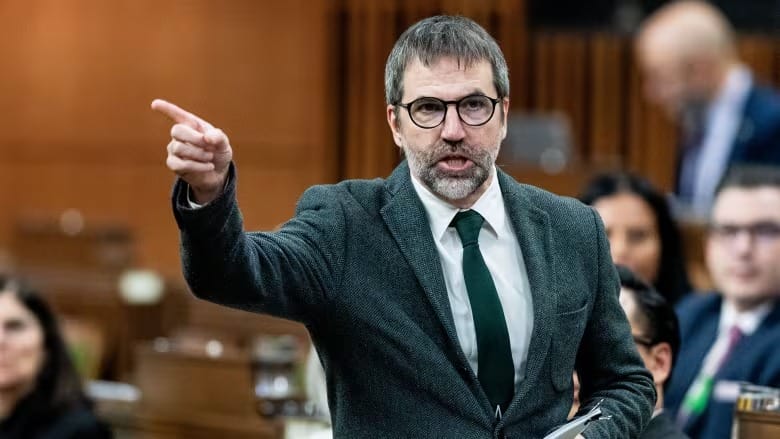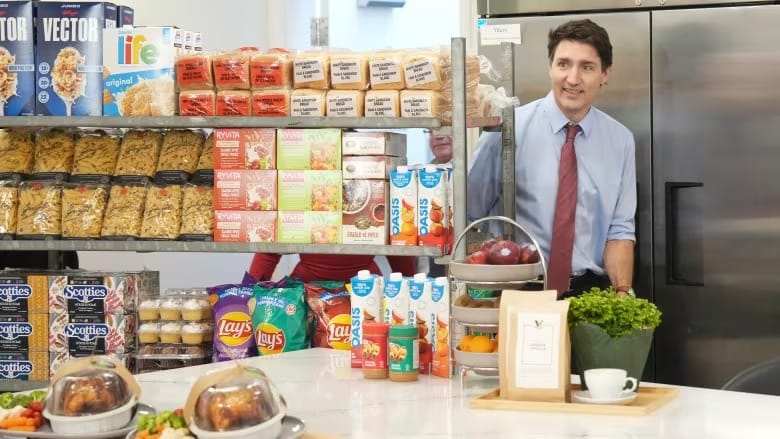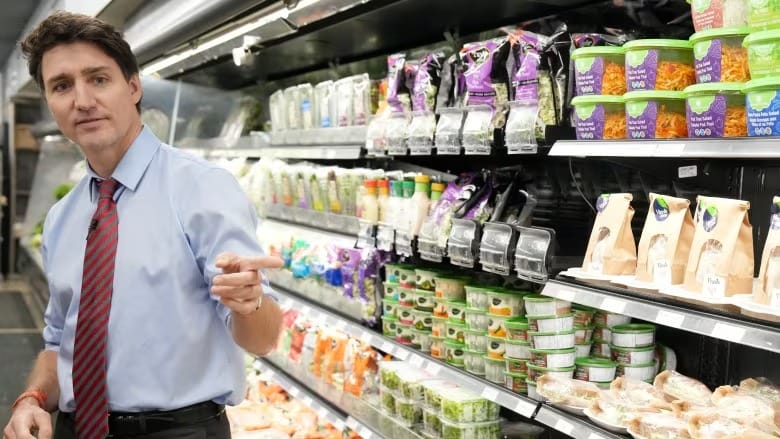Oil and gas emissions cap at risk if Bloc and NDP trigger early election, Guilbeault warns
Environment minister to announce more details on Monday about draft regulations

As the federal government finalizes its cap on oil and gas emissions, Canada’s Environment Minister Steven Guilbeault is cautioning the NDP and Bloc Québécois that pushing for an early election could hinder efforts to curb emissions from Canada’s largest polluters.
On Monday, Environment and Climate Change Minister Guilbeault underscored the stakes as draft regulations for the emissions cap, now branded as the "oil and gas pollution cap," were introduced.
While the final regulations are anticipated in late spring 2025 and the next election isn't expected until later next year, the combined votes of all three opposition parties could trigger an early election.
The New Democrats have been vague on when they might challenge the government, suggesting it won't be soon. In contrast, the Bloc Québécois has indicated it may join the Conservatives in pushing for an early election; the Conservatives have labeled the proposed cap as "another attack" on Canada’s oil industry.
In a pre-announcement interview with CBC News, Guilbeault urged the NDP and Bloc to consider the potential consequences.
"If they decide to support the Conservative Party of Canada into sending us into an election sooner than the date of October 2025, then they will have to explain to Canadians ... why they prevented us from putting in place one of the most important pieces of regulation to ensure that the oil and gas sector does its fair share when it comes to fighting pollution in Canada," Guilbeault stated.
The oil and gas industry is Canada’s largest greenhouse gas emitter, contributing roughly one-third of the country’s emissions.
Monday's government news release highlighted that oil and gas companies’ profits rose significantly, from $6.6 billion to $66.6 billion in 2022, with minimal investment directed at reducing emissions.
"Profits have still remained strong with consecutive record years, and capital expenditures have been targeting new production rather than decarbonization," the release noted. The draft regulation aims to motivate the sector to reinvest these profits into emissions reductions.
Following last December's release of a regulatory framework, Ottawa reaffirmed that it will impose a cap on oil and gas emissions via a cap-and-trade system, which will gradually limit available permits until the sector reaches net-zero emissions.
Under the system, facilities that lower their emissions faster can trade excess permits to other companies. The regulations propose that by 2030, the sector cut emissions by 35% below 2019 levels, with a target of net-zero by 2050.
The cap will cover emissions from Canadian oil and gas development but exclude refinery emissions, as those fall under separate clean fuel regulations.
According to the government, this approach limits "pollution, not production," allowing flexibility by including options for emission offset credits or contributions to funds for further reductions.
The measure has faced strong opposition. The Pathways Alliance, representing Canada’s largest oilsands companies, argued that current policies are "incenting the right behaviours" and described the cap as "unnecessary."
"The proposed emissions cap will likely have the unintended effect of making oil and gas operators involuntarily choose to shut in Canadian production rather than decarbonize it for global and domestic markets," the alliance said.
Guilbeault, however, suggested the industry’s concerns are exaggerated.
"I can't think of a piece of regulation that has been published, whether during my tenure as environment minister or in my 30 years working in the sector, where industry did not say, 'Oh my God, this is the end of the world as we know it,'" he told CBC News.
In Alberta, a $7-million advertising campaign opposing the cap, called "scrap the cap," has launched through various media. Premier Danielle Smith argued in October that Alberta's approach should be prioritized to cut emissions without harming Canada’s prosperity.
The Alberta government claims the proposed cap would cut production significantly, and its economic impact report shows a negative GDP effect.
Guilbeault expressed openness to an equivalency agreement with Alberta, allowing it to implement its own regulations for reducing oil and gas emissions toward net-zero by 2050.
"Yes, if Alberta or any of the other provinces wanted to do their own system that would be equivalent to the federal system, they would have the ability to do it," he stated.
British Columbia has already committed to a provincial oil and gas emissions cap, contingent on a national cap-and-trade system not being introduced by a future federal government.





